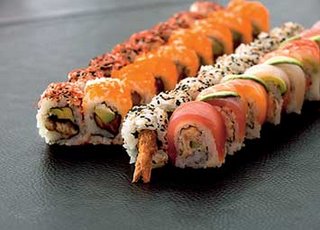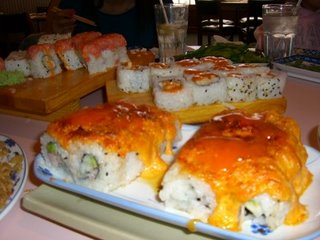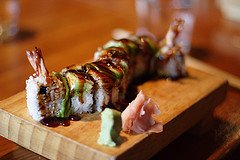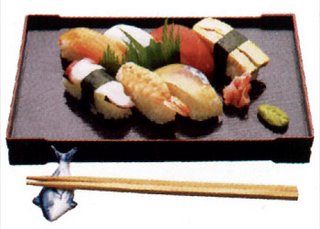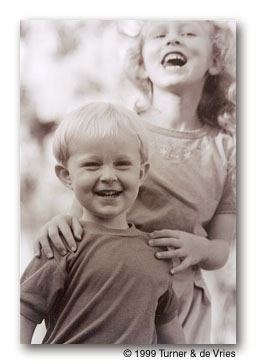 Some things are simply not meant to happen or to be owned. It could be a pair of shoes or a dress that has no more of your size. Or a trip to the beach that is way too indulgent. A job or a slot in a university that could clinch your way to a good, happy future. The love of your life, the person who plagued your high school years, or the one who got away. Whatever form it comes and whatever its name, there’s something we pine for every now and then, something or someone so valuable but is so elusive it breaks our hearts just thinking about it. These are the things that claim birthright to our disappointments in life. If we had a dime for every disappointment we encounter, then we would all be millionaires.
Some things are simply not meant to happen or to be owned. It could be a pair of shoes or a dress that has no more of your size. Or a trip to the beach that is way too indulgent. A job or a slot in a university that could clinch your way to a good, happy future. The love of your life, the person who plagued your high school years, or the one who got away. Whatever form it comes and whatever its name, there’s something we pine for every now and then, something or someone so valuable but is so elusive it breaks our hearts just thinking about it. These are the things that claim birthright to our disappointments in life. If we had a dime for every disappointment we encounter, then we would all be millionaires. Lately, I have been contemplating about my own bout with disappointments. Last Thursday, after stepping out of a meeting, I decided to walk off the anxiety I had been feeling for days. This anxiety was born from anticipating something I had long been waiting, working, praying, asking for. I figured it was a perfect time to ruminate and calm my senses on my own because PJ was in Toronto for business. I knew that the answer for my questions would come that day, if not Friday, and I just had to prepare myself for it.
So the answer came, and it was in the form of a “no.” For a word so short, it hurt so much. Very quickly, it turned my anxiety into disappointment and then to pain. My wish was simple, my intentions were clear and generous, so why did I not get a “yes?"
After quelling the initial unrest, I asked myself more sensible questions. Why did it hurt so much when I had been through many other disappointments far worse than this? Why did I accept such bad news with the shock of a novice, as if I had learned nothing from life at all? In the greater scheme of things, my intentions were, in fact, self-righteous, impatient and almost intolerable.
I reckoned that disappointments are all the same. As grown ups, our wishes are no different from the Christmas gifts we couldn’t wait to open when we were children. One Barbie for someone is the same coloring book for another. They elicit the same experience, the same anticipation, the same need and hunger for satisfaction and fulfillment. Disappointments could be measured through different means like monetary value or recognition, but the most accurate measure is experience, because experience is the most palpable lesson we will remember.
It is fair that our disappointments should garner the same reflection as the blessings we receive. No matter the worth, we owe it to ourselves to just surrender and say “It hurts.” We also sometimes owe it to ourselves to tell someone—a spouse, a friend, or parent—that you need a hand to hold or someone who will listen, just as we would share a good piece of news.
The purpose of disappointments is not to weaken or destroy us. Quite the contrary, they are there to build experience, wisdom and relationships. They exist so we will appreciate more what we have, and recognize the intrinsic bliss of the things we just ignore.

That night, my husband came back from his business trip. As I welcomed him home, I felt a sense of ease taking over my dissatisfaction. Because he and I are together day in and day out, I sometimes forget how priceless it is to have someone by my side. Life really does get lonely no matter how hard you try to be happy, but I am thankful that there are disappointments to teach me, strengthen me, and remind me that no victories or failures are tantamount to family and friendship.
-----------
Photo credits:
www.isopixel.net at http://www.isopixel.net/images/disappointment.jpg
www.inimagine.com at http://us.inmagine.com/168nwm/photodisc/pdil160/pdil160008.jpg







